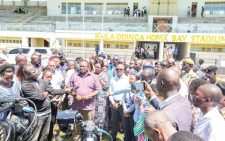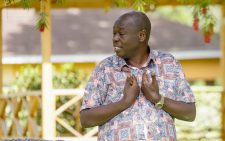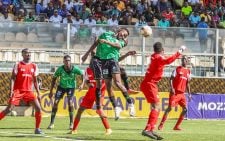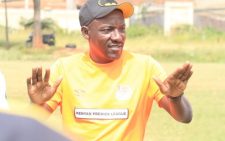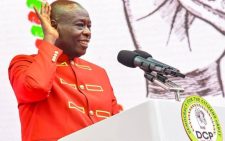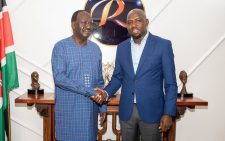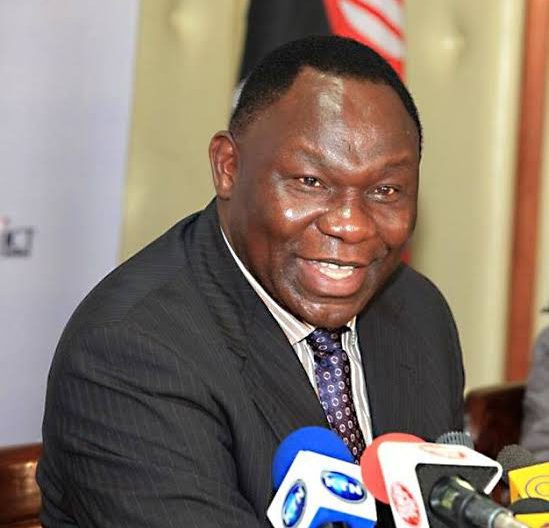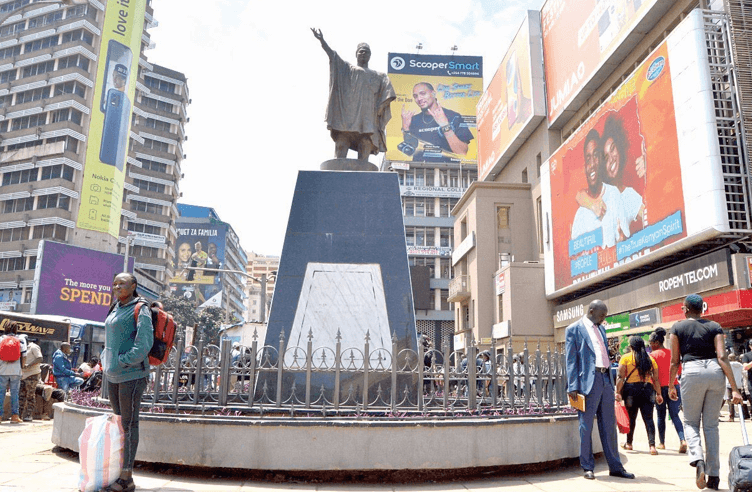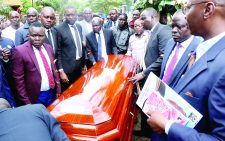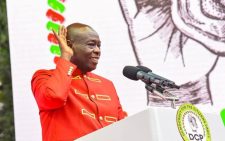Raila AUC candidacy strong but other factors at play
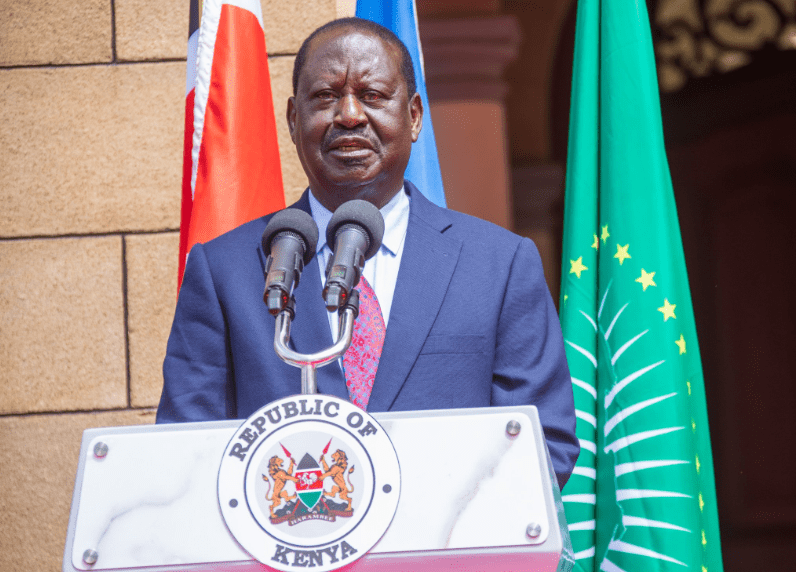
It is not news that Raila Odinga, Kenya’s most consequential political leader and a former Prime Minister, is the front-runner for the position of African Union Commission (AUC) chairperson. His candidacy has sparked significant interest, particularly among Kenyans, whose attention reflects a mix of hope, proximity bias, and political polarization.
However, Odinga’s prospects, when examined against those of his competitors, reveal a picture of strategic advantage that transcends national sentiments.
Raila brings to the table a rich legacy of leadership, negotiation skills, and pan-African vision. As the AU High Representative for Infrastructure Development, he has an impressive CV at the continental level that includes transformative projects, like the ambitious Trans-African Highway initiative, which aligns with the African Continental Free Trade Area (AfCFTA) agenda.
This infrastructure-first approach positions him as a candidate who understands the practicalities of unifying Africa through economic development.
You see, Raila’s track record in infrastructure and governance aligns with the AU’s strategic objectives, while his Pan-Africanist rhetoric positions him to galvanise support among younger African leaders eager for transformative change.
He combines the understanding of Africa’s infrastructural deficit and the place of trade between economic blocs into a single, cohesive vision that appears to resonate with younger African leaders.
At the same time, he has continued to build on his diplomatic ties across Africa and beyond to give him a unique advantage in rallying support among the established African leaders leveraging Kenya’s geopolitical influence in East Africa and his relationships with leaders as a consensus builder.
Back home, all political leaders are unanimous in their support for Baba, ostensibly looking at inheriting his political base. Led by the Kenya Kwanza alliance, they are pulling all the stops to see Baba succeed.
Granted, this is a unique race with very complicated voting dynamics, and Raila Odinga’s formidable campaign team needs to be alive to the challenges of candidates from Djibouti, Madagascar, and Mauritius.
Djibouti’s Mahamoud Ali Youssouf, a foreign affairs minister, has a rich background in diplomacy and international relations, having served as the head of Arab affairs in that ministry, ambassador to Egypt, and minister-delegate for international cooperation.
His candidacy emphasises strategic geopolitical positioning and contributions to peacekeeping efforts in the Horn of Africa, which appeal to AU member states prioritising stability.
Despite his colourless campaign activities, Kenyans on social media appear to tout him as their favourite; never mind that they have zero votes and their sentiments are echo-chambered.
Madagascar’s former foreign affairs minister, Richard Randriamandrato, brings experience in economic policy and international
